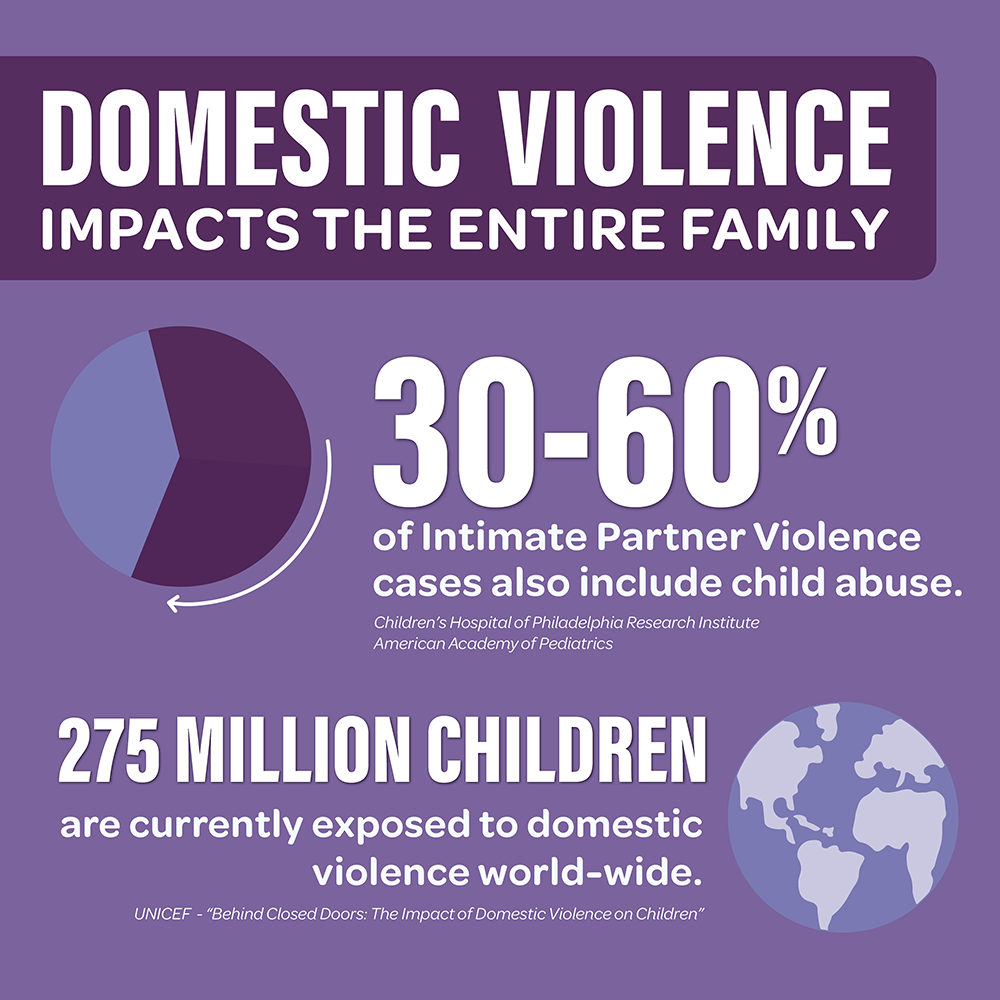Consequences and Impacts: Domestic Violence

Domestic violence, a pervasive issue across societies, leaves behind a trail of devastating consequences, impacting not only the immediate victims but also their families, communities, and society at large. The physical, emotional, and psychological repercussions of abuse are profound and long-lasting, often shaping the lives of survivors for years to come.
Physical Consequences
The physical consequences of domestic violence are often the most visible and immediate. These can range from minor injuries like bruises and cuts to severe and life-threatening injuries, including broken bones, internal bleeding, and even death.
- Bruises, cuts, and lacerations: These are common injuries resulting from physical assaults.
- Fractures: Domestic violence can lead to broken bones, particularly in the arms, legs, and ribs.
- Head injuries: Head injuries, including concussions and brain trauma, are serious and can have long-term consequences.
- Internal bleeding: Internal injuries can result from punches, kicks, or other forms of physical abuse.
- Chronic pain: Victims may experience chronic pain as a result of injuries or from conditions like fibromyalgia, which can be triggered by trauma.
- Disability: In some cases, domestic violence can lead to permanent disabilities, affecting mobility, sensory functions, or cognitive abilities.
Emotional and Psychological Consequences
The emotional and psychological toll of domestic violence can be just as devastating as the physical injuries. Victims often experience a range of negative emotions, including fear, anxiety, depression, and post-traumatic stress disorder (PTSD).
- Fear and anxiety: Living in constant fear of violence can lead to anxiety, insomnia, and difficulty concentrating.
- Depression: Domestic violence can contribute to feelings of hopelessness, worthlessness, and despair, leading to depression.
- Post-traumatic stress disorder (PTSD): Victims may experience flashbacks, nightmares, and avoidance behaviors, all characteristic of PTSD.
- Low self-esteem: Abuse can erode a person’s self-worth, leading to feelings of inadequacy and shame.
- Substance abuse: Victims may turn to alcohol or drugs to cope with the emotional pain and trauma of abuse.
- Suicidal thoughts and attempts: In extreme cases, domestic violence can lead to suicidal thoughts and attempts.
Impact on Children Exposed to Domestic Violence
Children who witness or experience domestic violence are at high risk of developing a range of emotional, behavioral, and developmental problems. Exposure to violence can have a profound impact on their well-being, affecting their social, emotional, and cognitive development.
- Emotional and behavioral problems: Children exposed to domestic violence may exhibit aggression, anxiety, depression, and difficulty forming healthy relationships.
- Academic difficulties: Domestic violence can negatively impact a child’s academic performance, leading to poor concentration, absenteeism, and lower grades.
- Physical health problems: Children exposed to violence may experience physical health problems such as headaches, stomachaches, and sleep disturbances.
- Increased risk of future violence: Children who witness domestic violence are more likely to engage in violence themselves as adults.
Economic Costs, Domestic violence
Domestic violence imposes significant economic costs on individuals, families, and society as a whole. The costs associated with domestic violence include medical expenses, lost productivity, legal fees, and social services.
- Medical expenses: Victims of domestic violence often incur significant medical expenses for treatment of injuries, mental health care, and substance abuse.
- Lost productivity: Domestic violence can lead to missed work, reduced productivity, and job loss, resulting in financial hardship for victims.
- Legal fees: Victims may need to seek legal assistance to obtain protection orders, divorce, or child custody.
- Social services: Victims often rely on social services such as shelters, counseling, and legal aid, which are costly to provide.
Long-Term Effects
The long-term effects of domestic violence can be far-reaching and deeply impact the lives of survivors and their families.
- Post-traumatic stress disorder (PTSD): Victims may continue to experience PTSD symptoms long after the abuse has ended, leading to ongoing challenges in their lives.
- Chronic pain and disability: Physical injuries sustained during domestic violence can result in chronic pain and disability, affecting mobility, daily activities, and overall quality of life.
- Relationship difficulties: Domestic violence can damage trust and create difficulties in forming healthy relationships.
- Financial instability: Victims may experience financial instability due to lost income, medical expenses, and legal fees.
- Intergenerational trauma: Domestic violence can have a ripple effect across generations, with children exposed to violence being at increased risk of perpetrating or experiencing violence in their own relationships.
Domestic violence is a serious issue that affects millions of people worldwide. It’s important to remember that rumors, like those surrounding is skai jackson pregnant , can be harmful and contribute to the spread of misinformation. Instead of focusing on celebrity gossip, let’s focus on supporting those who are experiencing domestic violence and working towards a world where everyone feels safe and empowered.
Domestic violence is a serious issue that affects millions of people worldwide. It’s important to remember that relationships can be complex, and sometimes the dynamics between partners can be difficult to understand from the outside. For instance, the age difference in a relationship, like the one between Skai Jackson and her boyfriend , can spark conversations about power imbalances and societal expectations.
However, it’s crucial to remember that judging a relationship based on age alone is never fair, and we should always prioritize the safety and well-being of all individuals involved.